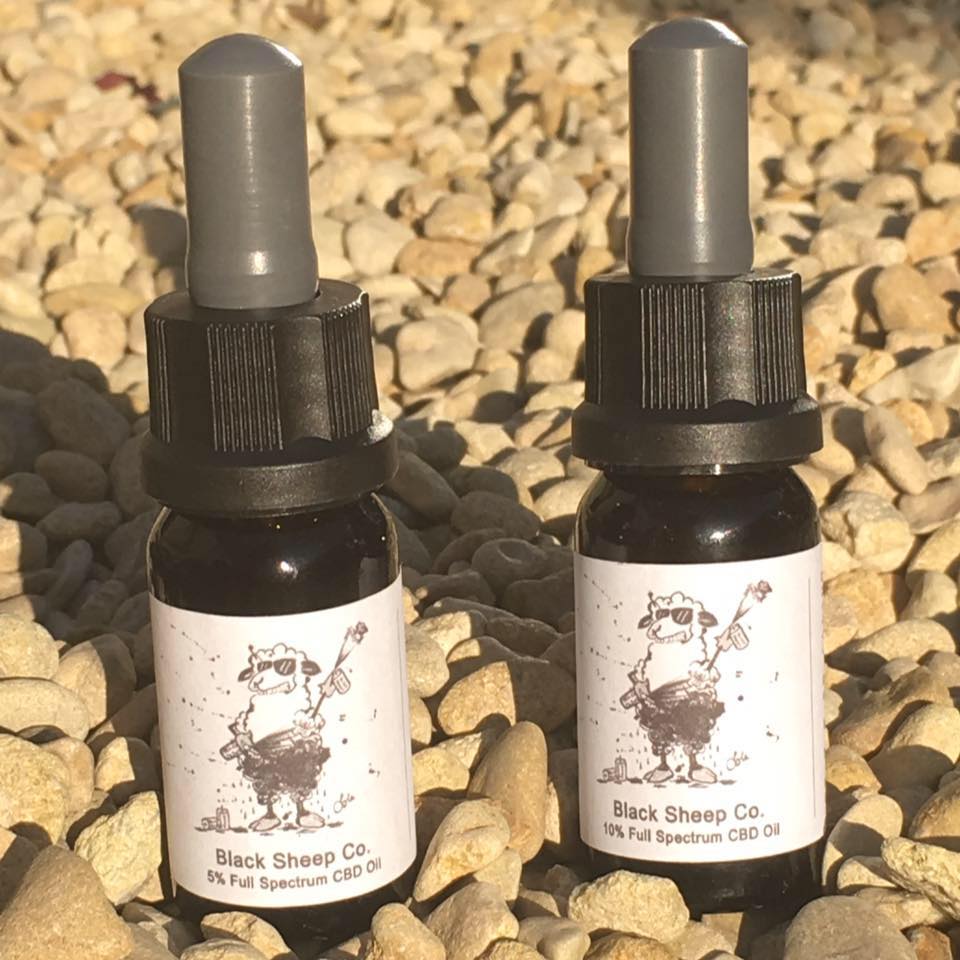Contrary to popular opinion, the sale of cannabis within the UK is not entirely prohibited. While tetrahydrocannabinol (the part of marijuana that gets you ‘high’) is still illegal under the Misue of Drugs Act, it’s cousin, Cannabidiol, is quickly becoming one of the fastest growing food markets in Britain.
Cannabidiol, or CBD, is a natural extract from the hemp plant. As a cannabinoid, it acts on certain parts of the brain, but does not create the intoxicating or hallucinogenic effects that tetrahydrocannabinol (THC) is famous for. As such, it is entirely legal to sell products infused with CBD within the UK, with the only restriction being the condition that the THC content does not surpass 0.2%.
When it comes to consuming CBD, suppliers offer a variety of options, ranging from gummy-sweets to eye-drops and even sex-lube. The most popular form is undoubtedly edibles, with distributors offering an increasingly diverse range of hemp-based food products. Only last week, Nooro released the UK’s first hemp-infused snack bar. Their first product, a lemon and ginger flavoured treat containing 25mg of CBD, claims to be the antidote to a “burn-out generation”, helping people “regain” their “natural rhythm and flow”.
It’s easy to be sceptical of such claims; however, recent research into the real financial viability of the market has certainly been turning heads in the world of investment. Estimates by the CBD market research firm the Brightfield Group suggest that the industry could be worth $5.7 billion by next year, and potentially even rise to $22 billion by 2022. While Brightfield’s predictions certainly raised eyebrows upon first publication, recent reports suggest that the soft drink giants CocaCola and PepsiCo have both been looking into the CBD industry.
The most likely explanation for this craze for CBD likely lies in the increasing legalisation of marijuana in the US, with Michigan being the latest state to join the trend. Currently in the US, recreational cannabis has been legalised in 10 states, whilst medicinal cannabis is now legal in 33 states. When paired with the media’s flood of reports on the medicinal potential of cannabis, such as the case of the seven-year-old epileptic boy Alfie Dingley whose mother campaigned for him to receive medicinal CBD treatment last year, an increasing willingness to experiment with the drug can be observed.
Project CBD argues that cannabis can provide relief from chronic pain, anxiety and depression, whilst also drawing attention to scientific research being conducted to examine CBD’s potential to treat auto-immune diseases, neurological conditions, and cardiovascular dysfunction, to name but a few examples. While the scientific jury is officially still out on the validity of such claims, the field is a relatively new one, with the capacity for exciting new break-throughs in medical science should the industry’s prediction prove true.
Laura Chapman, founder of Headingtonbased CBD distributor ‘Black Sheep Co.’ (@ blacksheepcbd) affirms the claims made by Project CBD, drawing on her personal experience of cannabidiol’s benefits, which she has been able to share with her customers:

“CBD is helping with things like anxiety and sleep (from PTSD) as well as inflammation related issues. We are already getting repeated business due to people noticing the benefits.”
When asked about the future of CBD, Chapman is optimistic, highlighting the vast range of CBD products available in outlets such as Holland and Barrett. Whilst acknowledging the stigma associated with the use of cannabis, Chapman advocates for an increase in awareness of the potential of CBD, stating that “the more we talk about it, the less controversial it will be.”
Ultimately, while we cannot be certain of the benefits of CBD at the moment, the next few years will prove instrumental in clarifying the impact which hemp-based products can have on our lives. Whether it’s a chemical-based gimmick or revolutionary wonder-cure, only time will tell.


